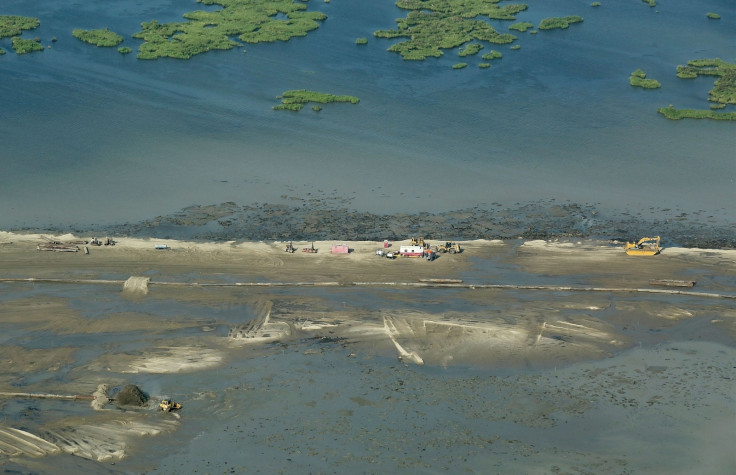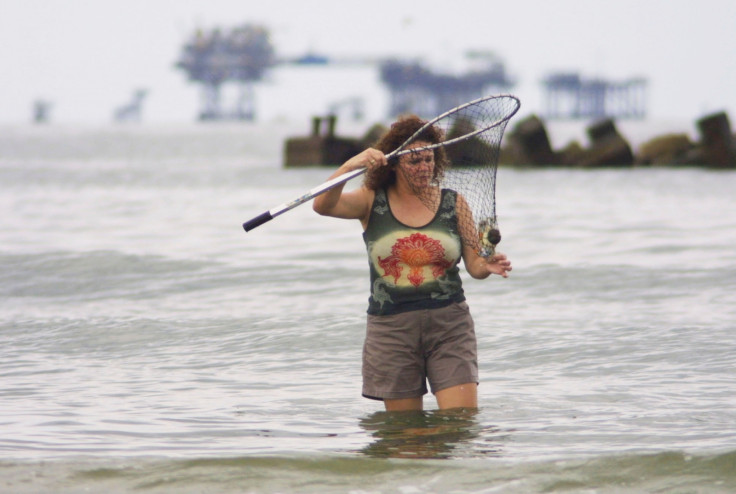Climate deniers in the Deep South aren't ignorant – they reject the truth to save themselves
American study shows some see acceptance of climate change as a threat to their jobs.

People don't necessarily reject the science on climate change because they don't have the facts straight. Sometimes it's because accepting the evidence would undermine their whole livelihoods, not just the safety of their homes.
A clear fingerprint of climate change is emerging in south-east Louisiana. There's more flooding, increased vulnerability to storms such as Hurricane Katrina of 2005, and rapid loss of land to the sea.
The region is set to experience a sea level rise of 4 to 5 feet by the end of the century. It has already lost an area of land the size of Delaware since 1930. But the people living here on the doorstep of climate change are less likely than the average American to accept that it's real.
At first glance, this seems to make little sense. In parishes such as Plaquemines and St Bernard on the Mississippi River, residents are well aware of the immediate and growing hazards posed by their environment. But accepting the driving cause of these events is seen as an even greater threat to their livelihoods, according to research by sociologists at the University of Kansas.
The fossil fuel and commercial fishing industries are major employers in south-east Louisiana. Regulations to mitigate climate change and coastal erosion would impose restrictions on these industries. There is a fear that this would lead to local job losses and financial insecurity.
"The most obvious example of this is the instance of an individual who works for an industry, such as in oil and gas production, that may be negatively impacted by regulatory policy," said PhD researcher Jacob Lipsman, who is presenting the findings at the American Sociological Association's 2017 annual meeting in Montreal.
"This also functions on the community level; for instance, in southeast Louisiana, oil and gas represents a disproportionate source of revenue for coastal parishes."
Rather than ploughing on blindly with scientific literacy campaigns and explaining the consensus on climate change, this research emphasises the need for strategies tailored to the social context of south-east Louisiana.
"If an individual or a community is resistant to the idea of climate change for economic or social reasons, climate advocates will not be able to effectively communicate with these individuals about climate change simply by presenting more data," Lipsman said.
"By better understanding the processes of climate change denial, climate advocates will be better equipped to have an effective dialogue with individuals and communities that are sceptical of these ideas."

© Copyright IBTimes 2025. All rights reserved.






















